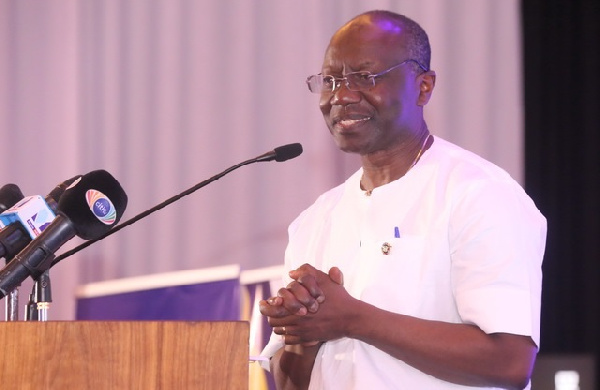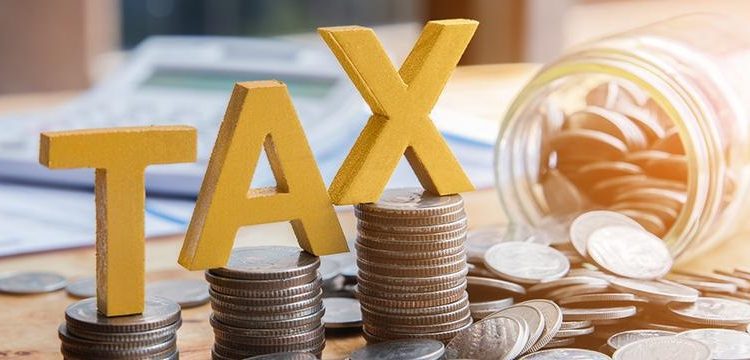
The two institutions, in separate assessments of the impact of the pandemic on the country’s immediate economic outlook, said GDP will at best record zero growth—below government’s hope of achieving a modest growth of 1.5 percent.
With the pandemic hitting hard at government’s revenues, creating a wider-than-expected deficit, the EIU in its latest country report said the economy is heading for a contraction this year, with a forecast real GDP decline of 1 percent.
The UK-based business advisory firm stated that the release of about US$1.4bn from the World Bank and the International Monetary Fund to battle the effects of the coronavirus crisis will not prevent the economy from slipping into recession.
“The pandemic will have a significant impact on Ghana’s economic outlook for 2020, necessitating a total rewrite of the 2020 budget. Some of the effects are already showing; financial conditions have tightened and the currency has weakened (with the cedi depreciating by some 7 percent since March, to about GH¢5.81:US$1 currently).”
Government’s response to the pandemic was to announce further spending in specific areas with the hope of jumpstarting the economy post-COVID-19. The Coronavirus Alleviation Programme (CAP), among other interventions, will require additional spending of GH¢1.6bn.
According to the EIU, the unplanned expenditure coupled with a revenue shortfall of about GH¢8.7 bn will see government’s fiscal deficit widen to 7.8 percent of GDP in 2020, up sharply from an estimated 5.1 percent of GDP last year.
Zero growth
The economic research department of Goldman Sachs, in a forecast prepared for investors, said Ghana’s economy will record zero percent growth.
The gloom forecast follows the Ghana Statistical Service’s release of GDP data on Wednesday, which showed that the economy recorded a 6.5 percent growth rate in 2019.
While hailing the 2019 GDP growth as a positive performance, Goldman Sachs’ researchers said the pandemic will have adverse effects on the economy.
“Today’s positive surprise [Ghana’s 2019 6.5 percent GDP growth] is overshadowed by the looming growth impact stemming from the triple shock of COVID-19, which has dampened external demand, forced restrictions on domestic activity, and negatively impacted Ghana’s terms-of-trade, on balance. We expect growth to fall to 0 percent in 2020,” the note to investors read.
2019 GDP growth
The economy’s 6.5 percent growth rate last year was below the 7 percent projection the Finance Ministry had previously announced.
The below-expectations performance was caused by a decrease in the growth rate of non-oil GDP, which was down from 6.5 percent in 2018 to 5.8 percent in 2019.
The slowdown in the non-oil GDP growth rate was partly attributed to a 10.4 percent growth rate in mining and quarrying activities (excluding oil and gas) in 2019, compared with 48.6 percent recorded in 2018.
Also, contractions in the forestry and logging, water and sewerage, and construction sub-sectors also contributed to the slowdown in non-oil GDP growth.
The growth rate recorded last year however shows a marginal improvement on the 6.3 percent recorded in 2018. Read Full Story



























Facebook
Twitter
Pinterest
Instagram
Google+
YouTube
LinkedIn
RSS